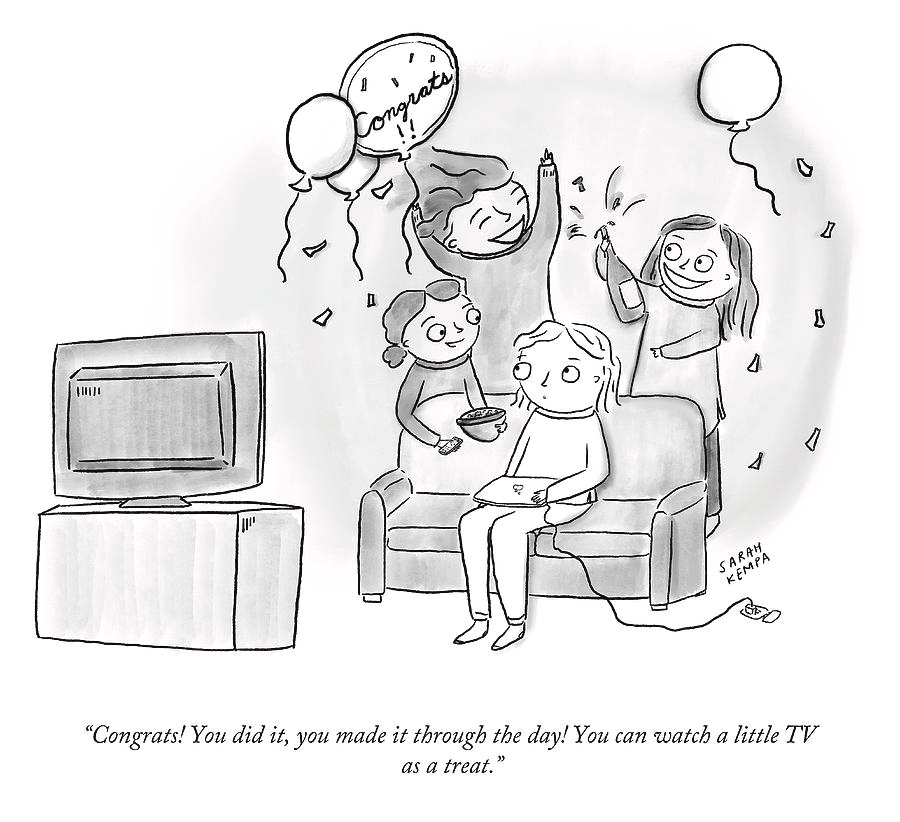I've written less for this blog in the past month than I have since I first started writing it. The truth is, I am just too tired most evenings to sit and write, or I have other work to do. The start of the school year this year has been especially rough.
Music is seasonal for me, and every autumn I keep coming back to a playlist I made of songs from the Beatles' first solo records. The shift from summer into fall is mirrored in these songs by the kings of the pop music scene descending out of Beatlemania. In the words of one of Lennon's songs from the era, "I was the walrus, now I'm just John." Fall is a time of reflection for me, and these albums are full of reflective feelings about spending a decade in the eye of the pop cultural storm. Lennon's Plastic Ono Band is the most famously reflective of these albums, with literal primal screams. While most of the songs are painfully personal, he gets political on "Working Class Hero."
Like the rest of his generation, Lennon was the product of the long post-war economic boom in the West, one still not over when he wrote this song. In Britain, it was the era where PM Harold Macmillan could taunt a heckler by saying "you've never had it so good!" The class struggles of the preceding decades seemed to have been drowned in a tidal wave of cheap consumer goods. This song questions what workers actually got in the bargain. Instead of the sunny vistas of postwar consumerism, Lennon sees children cowed by punitive schools, locked early into unfulfilling careers, and working unsatisfying jobs leavened only by the opiate of television at the end of an awful day.
Lennon uses an old folk riff on acoustic guitar, sounding like the finger-pointing Dylan of "Masters of War." The first lines still hit me in the face, "As soon as you're born they make you feel small/ By giving you no time instead of it all." This month, when I just don't seem to have the time or energy to write, I am feeling it really hard.
This song does not lay out any specific political plan, but encourages the listener to dump the ideology that keeps them from questioning and changing the system. That's the first, crucial step. In the past decade, I have noticed more and more people refusing to reduce themselves to their job, a process that accelerated during the pandemic. Whereas striking workers were once treated almost as outlaws by normie types, there has been an outpouring of support for the picket lines in recent strikes. Many people are realizing the raw deal that neoliberalism gave them once the "boom years" ended. Over fifty years after writing this song, Lennon smirks from the grave.

No comments:
Post a Comment